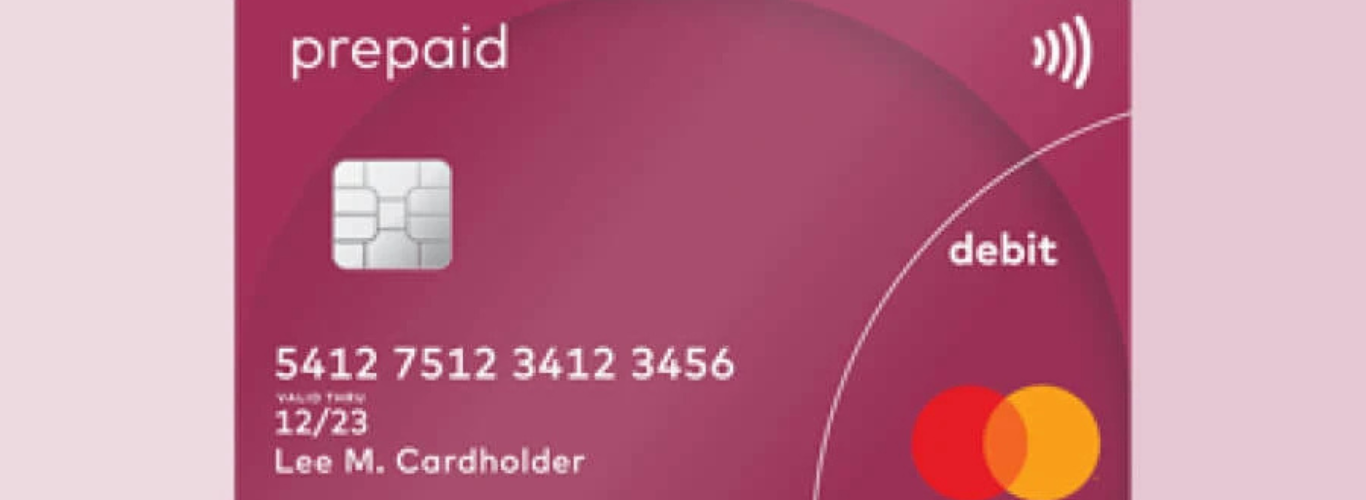What is the best fuel card for individuals?
What is the best fuel card for individuals?

Heading 2: Benefits of Fuel Cards for Individuals
Fuel cards offer several benefits for individuals, making them a convenient option for managing fuel expenses. One key advantage is the ability to track and monitor fuel usage. With a fuel card, individuals can easily keep tabs on how much fuel they are using and where it is being purchased. This information can be valuable for budgeting purposes and identifying any irregularities or unauthorized activity. Additionally, fuel cards often come with detailed reports and analytics, providing individuals with insights into their fuel consumption patterns and helping them make more informed decisions.
Another benefit of fuel cards for individuals is the potential for cost savings. Many fuel card providers offer discounts and rewards programs that can help individuals save money on fuel. These discounts can vary depending on factors such as fuel volume, location, and payment terms. By taking advantage of these cost-saving opportunities, individuals can reduce their fuel expenses over time. This can be especially beneficial for individuals who frequently travel or rely on their vehicles for work purposes. Additionally, fuel cards eliminate the need for individuals to carry cash or use personal credit cards for fuel purchases, providing added convenience and security.
Heading 2: Factors to Consider when Choosing a Fuel Card
When it comes to choosing a fuel card, there are several important factors that individuals should consider. First and foremost, it is essential to determine the types of fuel that are covered by the card. Some fuel cards may be limited to certain types of fuel, such as diesel or gasoline, while others may offer more flexibility in terms of fuel options. Understanding the fuel coverage of a card will help individuals ensure that it meets their specific needs.
Another crucial factor to consider is the network of fuel stations that accept the card. It is important to choose a fuel card that has a wide network of acceptance, especially if individuals frequently travel to different locations. Additionally, it is essential to check whether the card provides access to fuel stations that are conveniently located along the preferred routes. By considering the card's network coverage, individuals can ensure that they will have easy access to fuel whenever and wherever they need it.
Heading 2: Top Features to Look for in a Fuel Card for Individuals
When choosing a fuel card for individuals, there are several key features to look out for that can enhance the overall experience and maximize the benefits. Firstly, it is important to consider the wide range of fuel stations that accept the card. Having access to a large network of fueling stations ensures convenience and flexibility, allowing individuals to refuel at their preferred locations without any hassle. Moreover, a fuel card with a comprehensive network coverage can be particularly beneficial for those who frequently travel or have multiple locations. Being able to easily locate and access fuel stations within their network can save time and reduce the chances of running out of fuel while on the road.
Another essential feature to consider is the online account management system provided by the fuel card provider. A user-friendly and intuitive online platform allows individuals to monitor their fuel usage, keep track of expenditures, and generate detailed reports effortlessly. This kind of transparency not only enables individuals to have a better understanding of their fuel consumption patterns but also helps to optimize budgeting and expense management. Additionally, a robust online account management system may offer additional features such as real-time transaction alerts and the ability to set spending limits, further empowering individuals to control and monitor their fuel expenses effectively.
Heading 2: Evaluating Fuel Card Providers
When evaluating fuel card providers, it is essential to consider their reputation and experience in the industry. A provider with a proven track record and positive customer reviews is more likely to offer reliable and efficient services. Additionally, it is crucial to assess the provider's customer support and assistance. A responsive and helpful customer service team can address any issues or inquiries promptly, ensuring a smooth and hassle-free experience for cardholders.
Furthermore, the variety of services and features offered by fuel card providers should be taken into account. Some providers may offer additional benefits such as toll payment options, vehicle tracking, or expense management tools. Evaluating these features can help individuals choose a provider that aligns with their unique needs and preferences. It is important to thoroughly research and compare different providers to ensure selecting the most suitable option for fuel card services.
Heading 2: Comparing Fuel Card Costs and Fees
When comparing fuel card costs and fees, it is important to consider all aspects to ensure you are getting the most value for your money. One of the key factors to look at is the annual fee charged by the fuel card provider. Some providers may charge a flat annual fee, while others may have a tiered fee structure based on the number of cards issued or the size of your business. It's important to calculate how much you will be spending on fuel annually and compare it against the annual fee to determine if it is a cost-effective option for you.
In addition to the annual fee, it's crucial to evaluate other charges and penalties that may be associated with the fuel card. Look for any transaction fees, such as charges for using the card at certain fuel stations or for making non-fuel purchases. Some providers may also impose penalties for late payments or overdrafts. By comparing these costs and fees, you can choose a fuel card that offers the most transparent and cost-effective pricing structure for your needs.
Heading 2: Fuel Card Acceptance and Network Coverage
As individuals consider using fuel cards for their personal needs, one important factor to consider is the acceptance and network coverage offered by the fuel card provider. It is crucial to choose a fuel card that is widely accepted by fuel stations and retailers across the country, ensuring convenience and accessibility when it comes to fueling up. Having a vast network of affiliated fuel stations and retail partners means that individuals have more options and flexibility in choosing where to use their fuel card, making it easier to find a participating location no matter where they are located or traveling to.
In addition to acceptance, the network coverage provided by the fuel card is also a significant consideration. Individuals should ensure that the fuel card's network coverage extends to areas they frequently travel or reside in. This means checking if the fuel card provider has a strong presence in the desired geographic locations and if there are fuel stations and retail partners conveniently located nearby. A comprehensive network coverage allows individuals to make the most out of their fuel card, ensuring they are able to easily access fuel and take advantage of any benefits or discounts offered by the provider. Therefore, individuals should carefully evaluate the acceptance and network coverage of a fuel card before making a decision to ensure it aligns with their needs and preferences.
